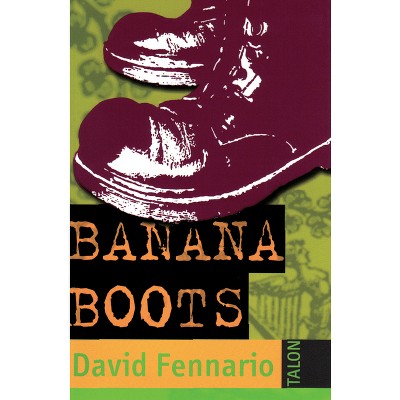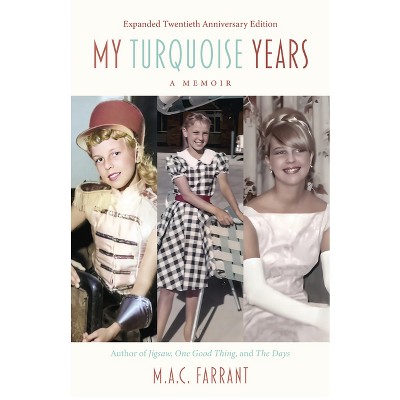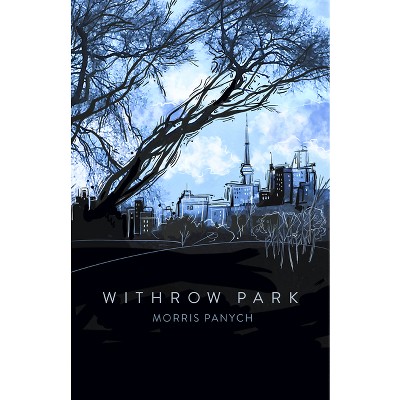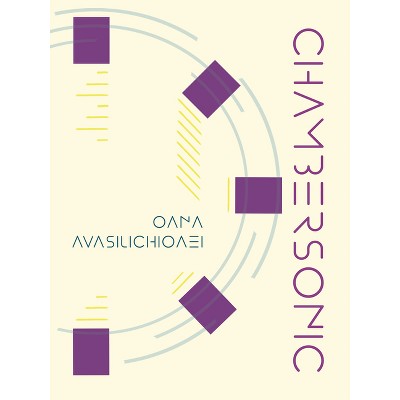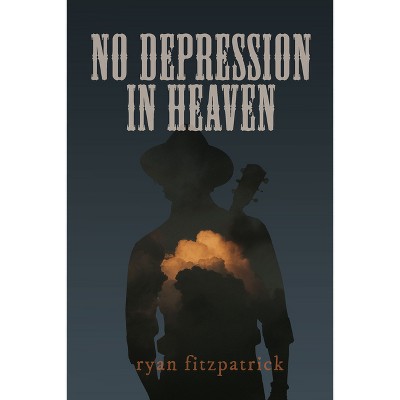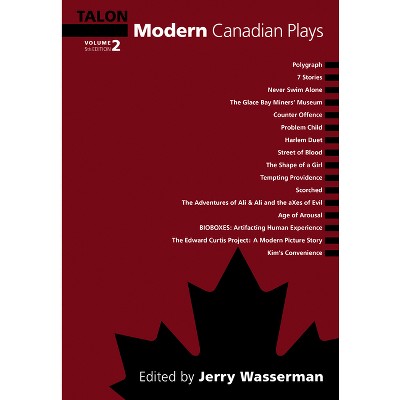About this item
Highlights
- Charles Olson had many correspondents over the years, but Frances Boldereff, a book designer and typographer, Joyce scholar, and single working mother, embodied a dynamic complexity of interlocutor, muse, Sybil, lover, critic, and amanuensis.After Completion: The Later Letters of Charles Olson and Frances Boldereff follows on from an earlier edition, Charles Olson and Frances Boldereff: A Modern Correspondence, that spans three years and more than three hundred letters.
- About the Author: Born in 1910, Charles Olson's first two books, Call Me Ishmael (1947), a study of Melville's Moby Dick, and The Mayan Letters (1953), written to Robert Creeley from Mexico, cover a range of subjects--mythology, anthropology, language, and cultural history--and use the fervent informal style that were to distinguish all his discursive prose.
- 256 Pages
- Biography + Autobiography, Literary Figures
Description
About the Book
Charles Olson's working mind and life are revealed through his correspondence with Frances Boldereff, his longtime intellectual and emotional confidante.Book Synopsis
Charles Olson had many correspondents over the years, but Frances Boldereff, a book designer and typographer, Joyce scholar, and single working mother, embodied a dynamic complexity of interlocutor, muse, Sybil, lover, critic, and amanuensis.
After Completion: The Later Letters of Charles Olson and Frances Boldereff follows on from an earlier edition, Charles Olson and Frances Boldereff: A Modern Correspondence, that spans three years and more than three hundred letters. Published in 1999 by Wesleyan University Press, that edition concludes with a crisis that amounted to a "completion" of one of the major phases of their relationship. After September 1950, no longer would Boldereff believe so wholeheartedly in Olson's work - or in his promises to spend time with her.
After Completion picks up the correspondence post-crisis, and consists of letters written between 1950 and 1969 - approximately 140 letters over a nineteen-year span. In this period of the correspondence, we witness the intensity of the letters flare intermittently, sometimes explosively, as Olson and Boldereff try to maintain some continuity in their separateness. In these later letters, we also experience their magnificent mutual embracing of Arthur Rimbaud.
The correspondence taken as a whole presents a passionate relationship realized mostly in letters - letters that were to become essential to Olson's working out of his poetics. Boldereff's interventions, which provoked Olson to articulate a projectivist poetics, claims for Frances Boldereff an incalculable effect on twentieth-century poetry.
Review Quotes
"Boldereff, while appearing to serve her pantheon of 'great men, ' puts them into her service. This book is not the fiery Olson workshop of the previous volume."
- The Capilano Review
"Lovers to the end, Olson and Boldereff remained faithfully bonded by the central role that imagination and art played in each of their lives. ... [Boldereff's] work receives too little the acknowledgement it richly deserves."
-- Bookslut
"What is stunning about this collection is the density of intellectual and cultural observations by both participants in this dialogue ..."
--Andrew Mossin
About the Author
Born in 1910, Charles Olson's first two books, Call Me Ishmael (1947), a study of Melville's Moby Dick, and The Mayan Letters (1953), written to Robert Creeley from Mexico, cover a range of subjects--mythology, anthropology, language, and cultural history--and use the fervent informal style that were to distinguish all his discursive prose. Olson's manifesto, Projective Verse, published in 1950, was quoted generously in William Carlos Williams' Autobiography (1951). Olson was rector of Black Mountain College, North Carolina, 1951-1956, and taught at the State University of New York, Buffalo, 1963-1965. Settling in Gloucester, Massachusetts, he devoted most of his time and energy until his death in 1970 to The Maximus Poems, his most substantial work.
Educated at the University of Michigan, Frances Boldereff (1905-2003) was a James Joyce scholar, typographer and book designer, and single mother who raised her daughter in Brooklyn, New York, while working in the male-dominated publishing industry of the 1940s and 1950s. Sharon Thesen is a poet, editor, and writer who was based in Vancouver, BC, before joining the Faculty of Creative and Critical Studies at UBC Okanagan, Kelowna, in 2005. She is the author of eight books of poetry, the most recent The Good Bacteria (Anansi). Her books include a selected poems, News & Smoke (Talonbooks), Aurora (Talonbooks) and several titles from the 1980s and 1990s from Coach House Press. She has been involved in the Canadian and Vancouver poetry scene for many years.Ralph Maud (1928-2014) was the author of a number of books on Charles Olsen as well as the editor of a number of books on Dylan Thomas. He was also a noted ethnographer and editor of ethnographic books. Maud was a professor at Simon Fraser University in Burnaby, British Columbia.







